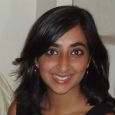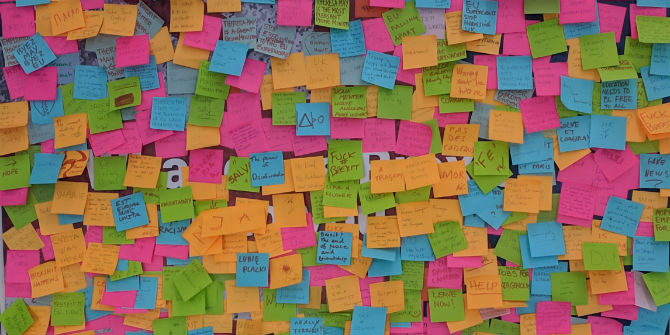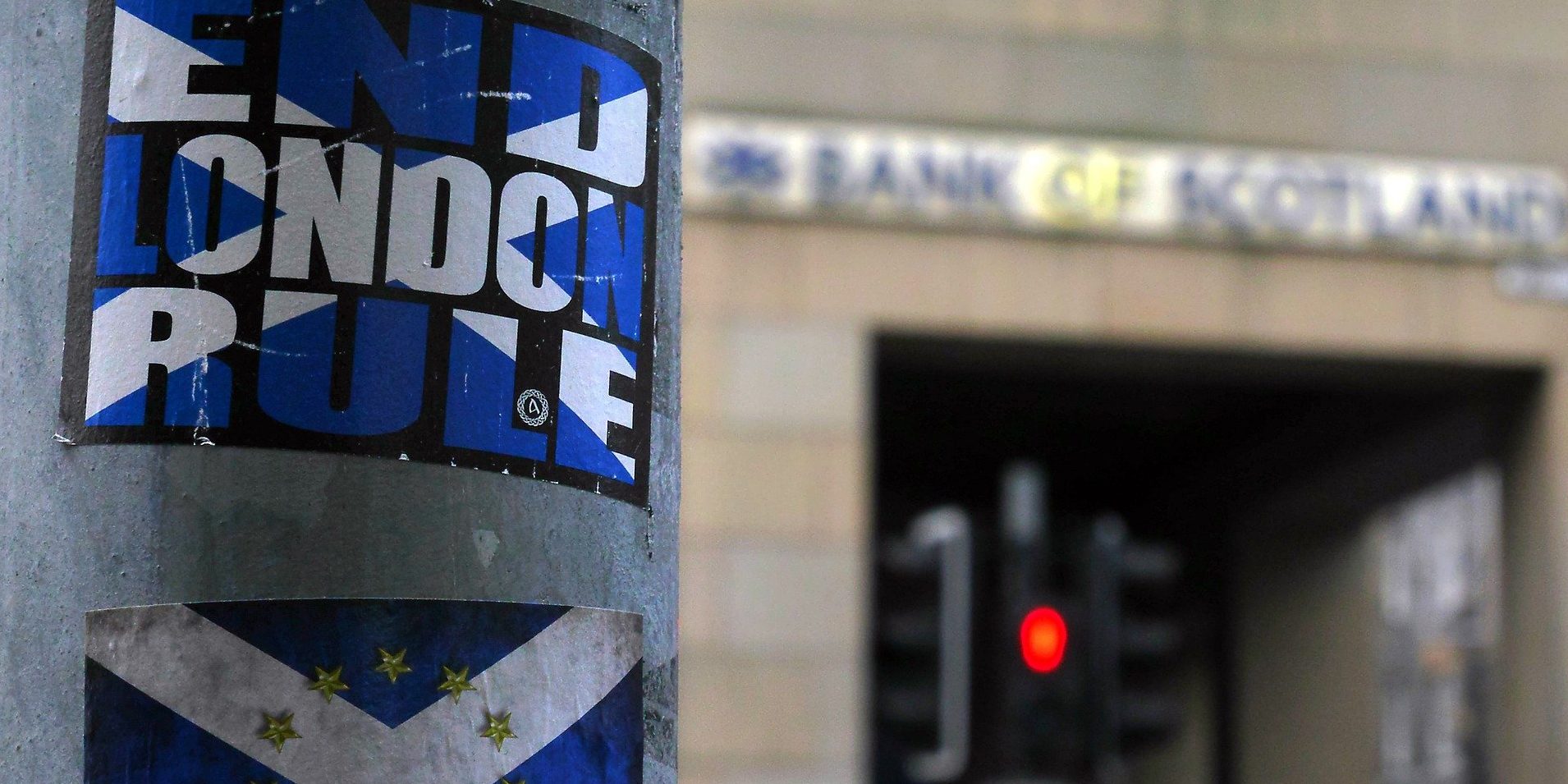 Daniel Payne, the curator at LSE Library, recently curated a free public exhibition, “What Does Brexit Mean To You?” with help from one of the participants of the LSE Festival Research Competition 2018, Anirbaan Banerjee. Anishka Gheewala Lohiya (LSE) asked Daniel how this connection came about.
Daniel Payne, the curator at LSE Library, recently curated a free public exhibition, “What Does Brexit Mean To You?” with help from one of the participants of the LSE Festival Research Competition 2018, Anirbaan Banerjee. Anishka Gheewala Lohiya (LSE) asked Daniel how this connection came about.
1. Can you tell me a little bit about how you became interested in Brexit?
At the Library we put on an exhibition each term to showcase some of our fantastic archive collections. After spending many hours shuffling around in the basement I knew we had lots of great stuff related to the history of the UK joining and (leaving?) the European Union, so I thought it would be great to have an exhibition on that, particularly given how contemporary a topic it was.

2. Why did you get involved with the LSE Festival Research Competition?
I think exhibitions should involve many people and many voices, and I also like to involve other areas of the School when putting them together, to make sure it supports the diverse research and teaching going on at LSE. When I heard about the Research Competition from Staff News, I went along to have a look at the various submissions. I saw Anirbaan’s submission related to Brexit, The Immigrant Who Voted to Close the Borders: the “Inner Outside” Position of Eurosceptic South Asians in Brexit Britain, so I got in touch with him to see if he would be interested in putting together a section of the exhibition.
3. How did the idea of the Brexit exhibition come about?
The Library has a long tradition of collecting archives relating to Britain and Europe, and we do many things with these collections to support research and teaching. For example, we digitised campaigning leaflets from the 1975 and 2016 referendums on UK membership of the Common Market / EU and made this available online. We plan our exhibition schedule about three years in advance, and we always knew we wanted to do one at some point using these great collections – it was just a question of being able to predict when to do it without the political situation changing too much!
4. In what way did the Research Competition inspire the exhibition?
After meeting with Anirbaan, we went through some of the Library archives. Anirbaan selected material and wrote a piece for it which formed a significant section of the exhibition called “The Past Lives of Brexit”, using material from the archives of the Federal Trust. It was great to have the contribution of a student. Usually our exhibitions are all written by one person (a curator in the Library). Particular with a topic such as Brexit, I think it’s really important to get many different voices involved in the interpretation of the archives.
5. It was (and still is) such a current topic, so how was the exhibition received by the public?
It went down very well. In the exhibition we had a large poster where we invited visitors to respond to “What does Brexit mean to you in three words?” which had something like 800 responses, and in total we received about 10,500 visitors. I think it was a very engaging theme where visitors found a space to explore issues to do with Brexit amongst the backdrop of our archives. We ran a public events programme alongside it, including may speakers covering topics such as LGBT+ rights and Brexit, and race and the referendum. We also chaired a roundtable discussion where we invited members of the public to get together and discuss Brexit.
It’s time for the LSE Festival research competition exhibition and you are all invited!
The LSE Festival Research Competition is a chance to spread the word about your research project in a creative way to new audiences, and potentially win £250. The LSE Festival 2019 theme is ‘New World (Dis)Orders’. How did we get here? What are the challenges? And, importantly, how can we tackle them? The Festival hosts an exhibition of research on these themes by LSE students and staff.
The exhibition will take place at the LSE Festival 25 February – 2 March, where we will take over the ground floor of the New Academic Building to showcase the shortlisted entries.
Join us for our Meet the Research evening reception on Tuesday 26 February from 6-7:30pm and prizegiving on Thursday 28 February from 6:30-7pm with a wine reception from 7pm onwards to see who’s won. Bring your friends and family for an evening of research, music, drinks and the friendly spirit of competition!
This post represents the views of the author and not those of the Brexit blog, nor the LSE.
Anishka Gheewala Lohiya is a research student at the Department of Anthropology, LSE, specialising in the anthropology of religion, India, Hinduism and prayer.






